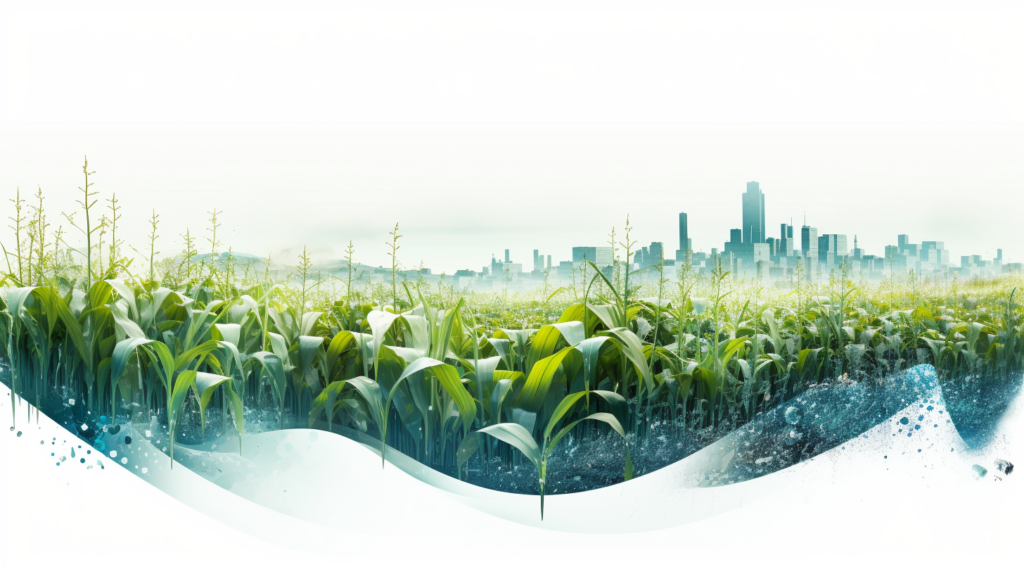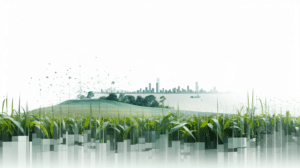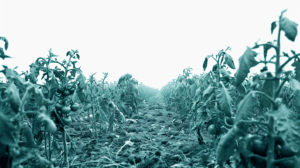As climate change threatens to destabilize our planet, the world is waking up to the urgent need for a more sustainable future. This is especially true when it comes to feeding a global population that is projected to exceed 9 billion by 2050. For food & beverage companies, sustainability is a complex and multifaceted issue that encompasses everything from reducing carbon emissions to promoting ethical supply chains. Let’s explore some of the major challenges faced by food & beverage companies in the realm of sustainability.
Sustainable Farming Practices
The food & beverage industry is one of the biggest contributors to greenhouse gas emissions, accounting for 26% of global emissions. To reduce their carbon footprint, food & beverage companies need to focus on sustainable farming practices. This means transitioning away from conventional farming methods that rely heavily on pesticides and synthetic fertilizers and towards more sustainable practices like organic farming, agroforestry, and crop rotation.
Regenerative Agriculture
Regenerative agriculture takes sustainable farming practices to the next level by focusing on rebuilding soil health and enhancing ecosystem services. Rather than just reducing harm, regenerative agriculture seeks to actively improve the health of the land and the people who depend on it. Practices like cover cropping, crop rotation, and no-tillage farming, help build soil fertility and sequester carbon, while also increasing biodiversity and reducing water use.
Promoting Ethical Supply Chains
The movement towards ethical supply chains is gaining momentum, with a focus on ensuring fair wages, enhancing farmer well-being, and eradicating child labor. This commitment reflects a broader industry shift towards creating a compassionate and sustainable framework within the supply chain.
Deforestation
Deforestation is a major driver of climate change and biodiversity loss, and it is often linked to the production of commodities like soy, palm oil, and coffee. Food & beverage companies have a responsibility to ensure that their sourcing practices do not contribute to deforestation. This can be achieved by sourcing from suppliers who have established zero-deforestation policies, or by supporting initiatives that promote sustainable land use and forest conservation.
Supply Chain Transparency
One of the biggest challenges for food & beverage companies when it comes to sustainability is ensuring transparency in their supply chains. With complex global supply chains that span multiple countries and stakeholders, it can be difficult to trace the origin of ingredients and ensure that environmental and social standards are being met. Supply chain transparency can be promoted through initiatives like certification schemes and independent audits, which allows for greater trust and accountability throughout the supply chain.
Sustainability is a complex and multifaceted issue for food & beverage companies, but it is also one of the most urgent issues facing our planet today. Food and beverage companies can take meaningful steps towards a more sustainable future by integrating these initiatives into their core business practices, fostering a culture of responsibility, and driving positive change across the entire supply chain. Through these actions, companies can not only reduce their environmental impact but also meet the growing demand for sustainable and socially conscious products, contributing to a healthier planet and a more resilient industry. However, achieving true sustainability will require a collective effort from all stakeholders involved in the food system, from farmers and suppliers to retailers and consumers. Only by working together can we create a sustainable food system that feeds the world while also preserving the health of our planet.








